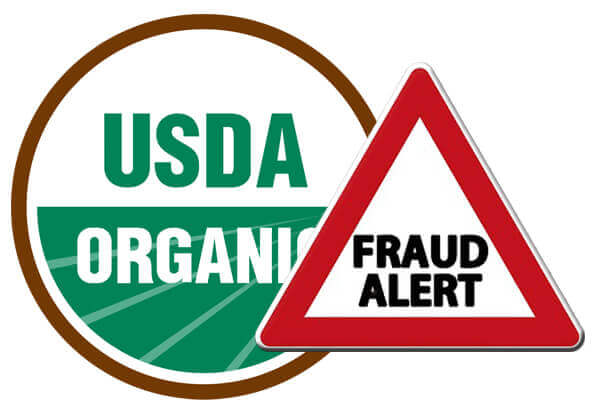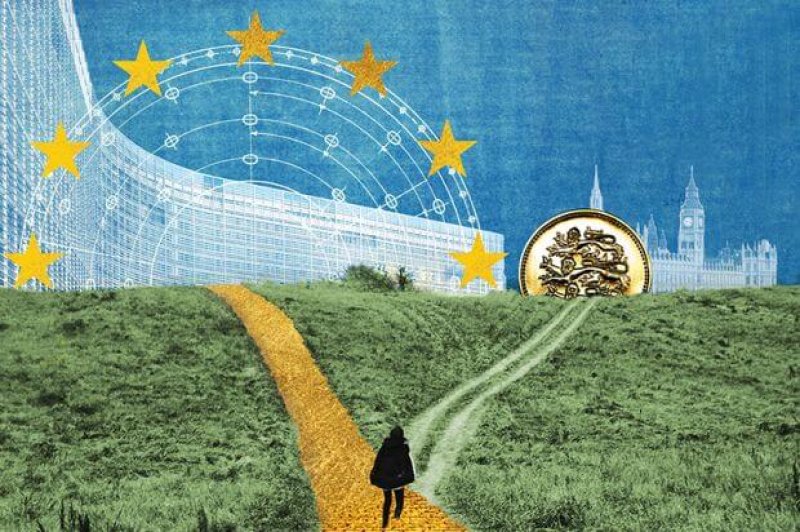I have too often warned that Western affluence and prosperity can disappear in a heartbeat through irrational policies. Europe has pilfered its post-Cold War peace dividend, borrowed from the next generation and is now facing a long cold winter with no options other than hardship. All of this by pandering to a green ideology it can no longer economically afford and seems politically unable to give up.
After an emotionally brutal departure from my academic career and easing lockdown restrictions, the Risk-Monger decided in mid-June to make a retreat to the Philippines. Preparing to return to Europe next month for several projects, he is not very sure what there is left in Europe to come back to. In two months, European prosperity seems to have disappeared, namely:
- German cities like Hanover, Berlin and Cologne are turning off the hot water in public buildings, dimming street and building lighting and banning portable air conditioners and heaters;
- Passengers stranded in broken down “high-speed” Thalys trains had to break the windows to keep from suffocating;
- Hungarian schools are considering installing wood-burning stoves to heat their classrooms this winter;
- The agricultural powerhouse of the Netherlands suffered food shortages due to striking farmers;
- Belgium has been experiencing power cuts and potential energy rationing not seen since the 1970s;
- Up to 40% of the UK households could be energy impoverished by the autumn;
- With energy rationing, the mighty German chemical industry will likely not be able to provide basic materials for downstream automotive, technology and construction manufacturers.
- The euro has fallen by almost 20% against the US dollar in the last year and there is speculation several countries may default;
- A series of rolling strikes by workers unable to afford the cost of living increases has affected large parts of European populations…
-

While there is no good time to implement disastrous policy, a climate of global inflation is surely one of the worst. Credit: World Bank
Now I am watching all of this unfold from the Philippines, an economic basket-case often called the “Sick Man of Asia”, where the lights are burning brightly, my morning shower is warm, energy remains reasonable and accessible, food is abundant and public services are functioning normally (in their own quirky way). In other words, faster than Vandana Shiva can scowl: “It was Vladimir Putin!“, Europe has joined the league of third-world nations, moving closer to Sri Lanka than to the Philippines.

Green corruption
The Philippines has a system that has tended to promote cronyism and while such political corruption can create economic obstacles, green corruption can literally obliterate an economy. For the last two decades, EU politics have been corrupted by costly, inefficient green dogma and it just took one crisis in the Ukraine to bring European economies to their knees. EU leaders have habitually cowered to the demands of a loud but tiny minority of intolerant environmentalists who promised risk-free benefits others would have to pay for. “Ban nuclear!” Bund bullied in Berlin, “…and here are some of our funding sponsors in Gazprom who can assume the risks”. Ouch!
Anti-nuclear zealots are dogmatic fundamentalists who put their cult ideology ahead of reality, science and the public good. They have been willing to say and do anything to further their cause. Since the 1960s they have relentlessly spread fear, uncertainty and doubt on nuclear safety, weaving cataclysmic Armageddon scenarios while promoting their unrealistic solutions in small-scale renewables. As the first missiles were falling over Kyiv, Berlin was still in a position to halt the decommissioning of their last nuclear reactors. The still “wet-behind-the-ears” German leadership was too blinded by their ideology – by their sublime stupidity – to be able to make such an important decision.
But how is this corruption? The German government was democratically elected.
Corrupt systems produce arbitrary decisions not in the interest of the general population. The green parties have corrupted the political system with the precautionary principle, leading to decisions that are not scientifically based, only in the interest of a small, ideological sect and not open to rational discussion or debate. By imposing fear-based scenarios on a skittish, docilian public, environmental activists have destroyed dialogue, bullied a weak political class and strategically imposed irrational solutions on a terrified population that is causing immense suffering.
How is such green corruption not more dangerous than six years of another Marcos administration?

Agroecology corruption
The same people who brought you the present European energy crisis are now demanding that Europe adopt agroecological farming practises – a return to organic, smallholder food production free of agri-technologies and industrial-scale production. These ideologues recently wormed their foodie religion into a regrettable EU communication and are wielding their influence in several sections of the FAO. The agricultural wing of the European Commission’s Green Deal, known as Farm2Fork, uses the threat of climate change as a clever deflection to impose a transition towards agroecological farming practises. But is this policy based on best available tools and science or on ideological aspiration? And like our present EU energy collapse, will this end in needless catastrophic hardship, not only for Europeans but for the global South?

At a time of food crisis, we need more production on less land, with better seeds, technologies and crop protection measures. We need sustainable agriculture. What agroecologists are promising are lower yields on, assumedly, more land with older technologies and inefficient crop protection tools. Their answer is that humans will need to adjust their dietary preferences to adapt to their political ideology (more easily said than done with a growing global population of more affluent consumers). In other words, agroecologists are promising more famines and malnutrition (and like the present energy crisis, no one should be surprised).

What happened in Sri Lanka should be a clarion call for all European leaders that a rapid shift to agroecological, organic food production can bring an economy quickly to its knees. Instead most
Western media chose to overlook the madness of the leadership of a once prosperous nation taking advice from the likes of charlatans like Vandana Shiva. This same media is still blaming Putin for the energy crisis rather than looking at decades of green influence on the energy mix leaving Europeans vulnerable to energy impoverishment. This same media swooned in front of a Swedish teenager who lived to growl at world leaders.
Huwag kang Mabinat
So what’s next in Europe’s Great Green Leap Backwards? A cholera epidemic from a precautionary ban on chemicals essential to wastewater treatment processes? A public health crisis from a black-market counterfeit pesticide trade? An increase in bottled water sales? Could European leaders get advice from Filipino legislators on how to manage dengue outbreaks? Will countries like the Philippines soon have to justify closing their ports to ships packed with European boat people? Anything is possible so long as Europe continues to be led by dogmatic precautionista ideologues.
Of course the Philippines is a very poor country with very big problems and I look despairingly at the present political predicament through my rose-coloured spectacles. But at the regulatory level, it is going in the right direction recently allowing Golden Rice to be grown and consumed despite relentless activist pressure and deception. Facing decades of hard decisions and economic hardship, this emerging market is not burdened by foolish policy tools like the precautionary principle that can arbitrarily handcuff a decision more efficiently than any corrupt political dynasty. I have hope that while Europe’s leaders willingly impoverish their citizens through their green dogma, they will not bring the rest of the developing world to their knees. As long as the precautionary principle remains only a European affliction, this seems possible.
As I return to Europe, my suitcases will be packed with food to help sustain me through the lean winter months. My Belgian friends will soon have to acquire a taste for that lovely local delicacy: Choc Nut.
David Zaruk is a Belgian-based environmental-health risk policy analyst specializing in the role of science in policy and societal issues. He blogs under the pseudonym: The Risk-Monger. Follow him on Twitter at @zaruk
A version of this article was originally posted at Risk-Monger and is reposted here with permission.































